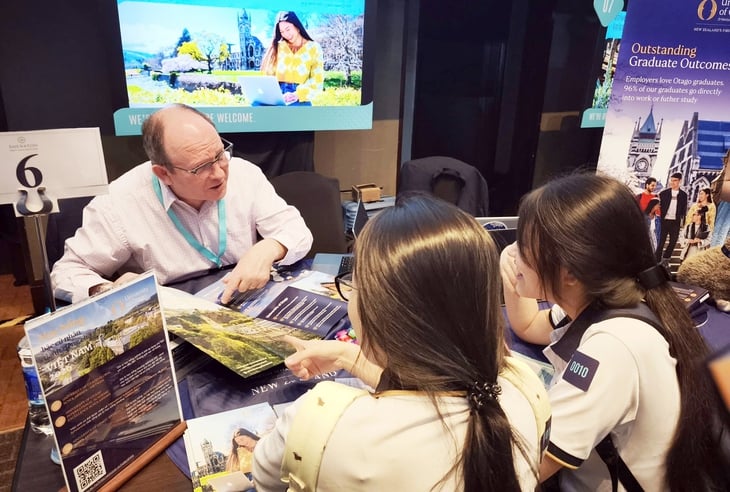
Students participate in a study abroad festival in Ho Chi Minh City - Photo: TRONG NHAN
During his many years as an admissions representative for the University of Technology Sydney (Australia) in Vietnam, Mr. Nguyen Nhut Hung often witnessed the same story repeated many times: many students and their parents often start their study abroad journey with the question: "Which school is famous? Which major is hot?".
Where to start?
According to Mr. Hung, that is not wrong, but it can easily make you forget the most important factor: is that industry really suitable for your abilities, interests and long-term goals?
Therefore, with the experience of a consultant, he usually does not talk about schools or scholarships right away, but will start from career orientation tests such as Holland Code or career tree so that you can "reflect" on yourself.
The next step is to provide information. For example, about applying for scholarships to study abroad or hunting for scholarships, he can share successful models or information that has been widely published but that students may not have been able to synthesize themselves. Not to "reveal secrets", but to help students understand the standards and reference measures.
"From this perspective, I think I apply both perspectives: as someone who understands how a selection board evaluates applications, and as someone who understands the psychology and journey of Vietnamese students.
Connecting these two perspectives helps me convey information and help students understand why those criteria exist and how to develop themselves sustainably, not just meet the requirements," Mr. Hung said.
Meanwhile, Mr. Nguyen Viet Anh, admissions representative of the University of New Brunswick (Canada) in Vietnam, said that the job of a study abroad consultant is often to clear up "blind spots" for students. Many students choose a major because "it sounds promising", choose a country to study abroad because "people travel a lot", without really understanding what they want.
So he typically guides students through three phases. One is understanding themselves, through personality testing, competency analysis, and in-depth conversations to identify what makes them feel meaningful.
The second is to understand the world , which means understanding industry trends, required skills, and real social needs. By connecting the two, you can identify the intersection of ability, passion, and opportunity.
"I also always encourage you to have practical experiences such as doing projects, participating in community activities, and doing internships. Because only when you experience it will you know what suits you," said Mr. Viet Anh.
Mr. Andy Pham, admissions representative of Mohamed bin Zayed University of Artificial Intelligence, Abu Dhabi, shared that there are issues beyond understanding, consultants are forced to study, research further, or proactively ask for opinions from other mentors. "The most important thing is that each advice I give must be truly valuable to students," he said.
How to create a beautiful study abroad profile?
As an admissions officer, Mr. Nguyen Nhut Hung has received many qualified study abroad applications. He has learned that what makes the difference is not achievement, but authenticity and reflection of the individual's journey.
Excellent academic achievements will help a candidate pass the preliminary screening easily, but a personal essay with its own color and personality will be decisive.
According to him, a good essay does not try to appear smart or special. It needs to show a process, a person learning, trying, and understanding himself better through each experience.
Specifically at UTS, the admissions committee, especially the scholarship committee, does not usually look for the "perfect candidate", they look for people with depth and the ability to develop. There are students whose profiles seem normal at first glance, but they demonstrate independent thinking, perseverance and a clear direction for the future.
"I remember a male student in Hanoi who entered UTS in 2020 and received a full scholarship. He only studied at a non-specialized public high school, his SAT and IELTS scores were quite good but not the most impressive among the applicants that year.
However, your profile shines thanks to your very real personal story, the way you describe self-learning programming, leading a group of friends to create a community service project to raise awareness about cyber security and drawing lessons about social responsibility," he said.
Similarly, Mr. Viet Anh believes that besides grades and extracurricular activities, what makes Vietnamese students truly stand out is their ability to tell their own stories.
A compelling resume avoids simply listing achievements. It should showcase the candidate’s journey, efforts, and personal values. He often tells his students: “GPA is just a number, your story is the soul of the resume.”
Help find the best place
According to Mr. Andy Pham, the most common question that study abroad consultants are often asked is about the major. If the major that the student is interested in does not have or is not the school's strength, he often suggests other directions, introduces more suitable training facilities. Because according to him, the role of the consultant is not to find every way to "pull" the student into a specific school, but to help them find the best place for their journey.
Power transmission
Mr. Andy Pham believes that a consultant sometimes also needs to be good at motivating. According to him, many Vietnamese students are often slow when thinking about hunting for foreign scholarships because they always feel "not good enough, not good enough". But, as he asks: "When is good enough?".
Therefore, in many cases, he had to become a morale booster to help his students believe in their own abilities. He often advised his students: "If possible, let the school reject you, but don't let you reject yourself."
Source: https://tuoitre.vn/chuyen-cua-nhung-nguoi-tu-van-du-hoc-20251101091426402.htm








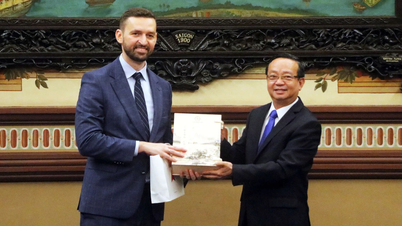

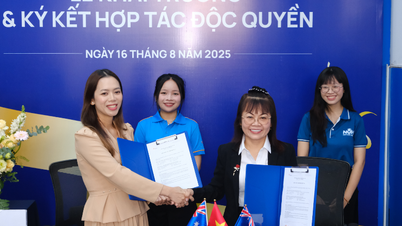

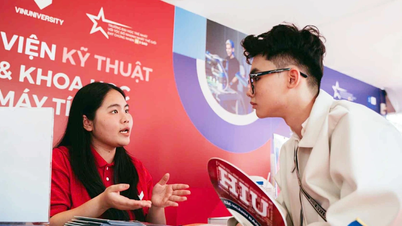


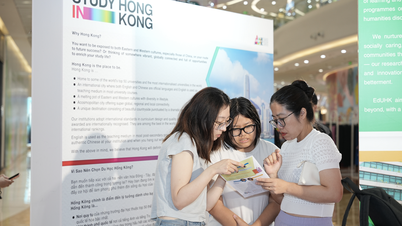

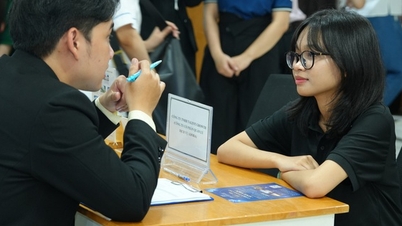


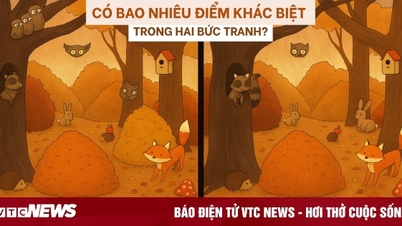

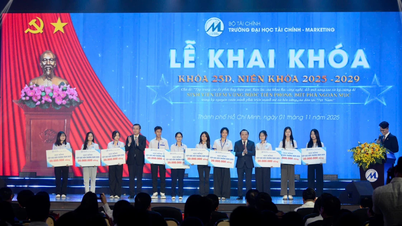


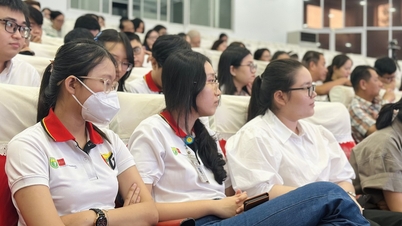




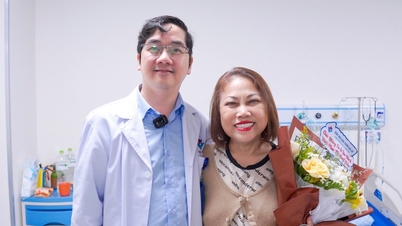
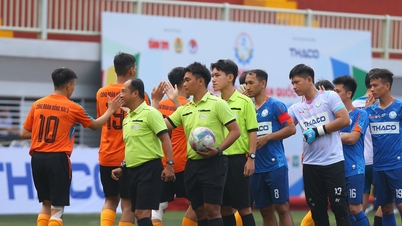
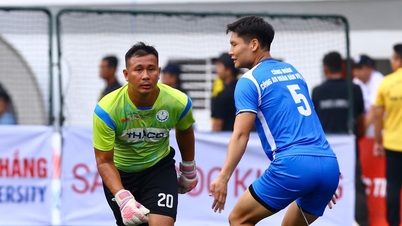


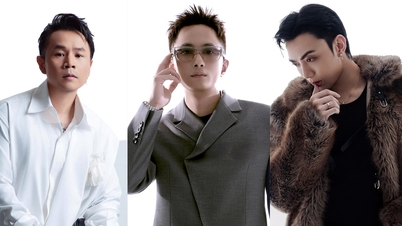
































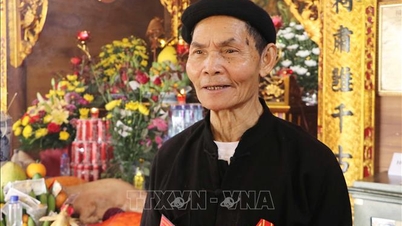

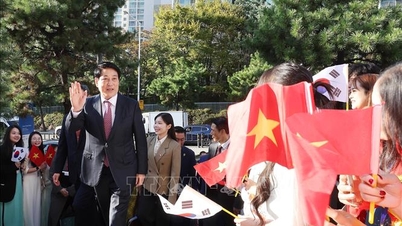


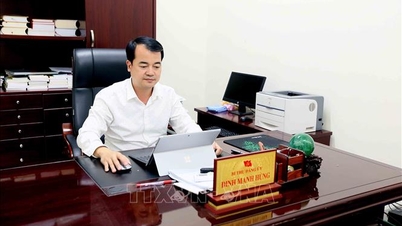





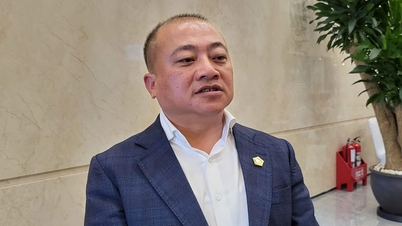

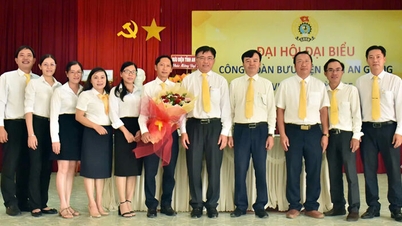

























Comment (0)